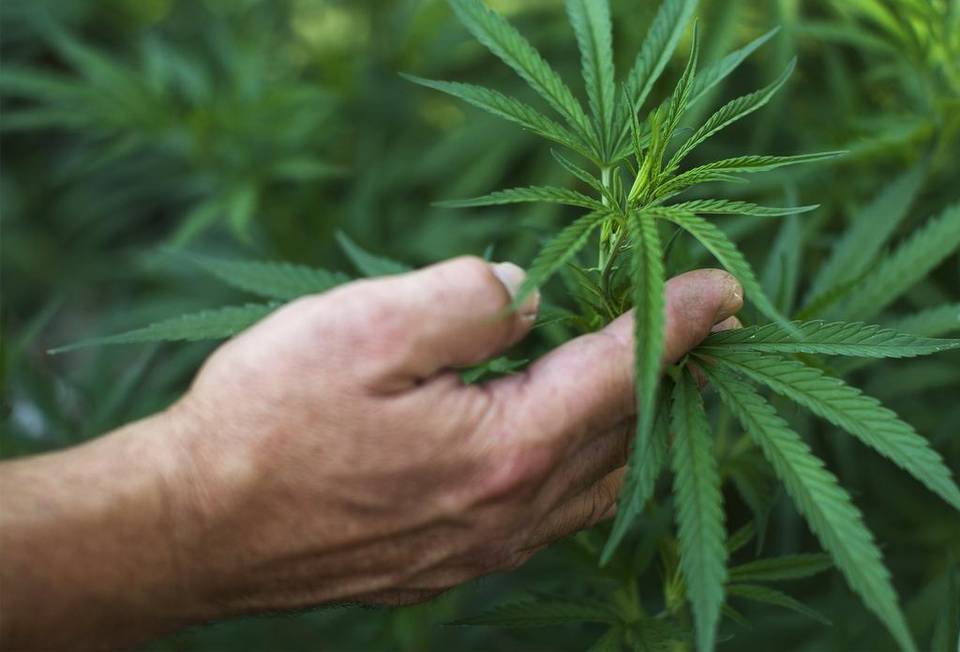Tuesday was election day and there were a few measures on the ballots around the country that were of interest in the cannabis industry. Ohio was in the spotlight with a vote on medical and recreational legalization, while Washington and Colorado states voted on their current tax laws and revenues, respectively.
Ohio
Ohio voted down Issue 3, Cannabis Legalization in a major defeat. With about 65 percent of voters against the measure it was a clear loss for cannabis. The measure would have allowed the state of Ohio to create a monopoly for commercial production and sale of cannabis for both recreational and medical use.
The majority of the push against the measure was from anti-drug groups, but some legalization supporters were against the measure as well. Legalize Ohio 2016 made a brief statement on their Facebook page shortly after the results came in stating that, “…Ohioans are overwhelmingly in favor of legalization, but this year’s initiative failed because a greed-driven monopoly plan is wrong for the state of Ohio.” They are currently gathering signatures to put forth a plan for a free market for legalization next year.
According to NORML, the current cannabis laws in Ohio are very harsh with possession of 200 grams or more considered a felony and can lead to a year in prison and a $2,500 fine.
Colorado
Colorado passed proposition BB, with about a 75 percent margin, which allows the state to keep the $66 million in taxes it received in recreational sales in the state. According to the Taxpayer Bill of Rights (TABOR) the state would have needed to refund voters by the end of the year if they chose to vote down proposition BB.
With the proposition passed, $40 million of that revenue will be used for school construction, while $12 million will go to state initiatives such as marijuana education and prevention, youth mentoring, school grants, and more. This proposition was necessary because the state had underestimated the amount of revenue from taxes they received and called for a potential refund. If the voters had rejected this proposition, $25 million would have been refunded to taxpayers, $24 million would have been returned to growers, and $17 million would have been refunded to users. This would have been an average refund of $6 to $32, depending on household income.
In Denver, voters overwhelmingly approved Measure 2B by over 80 percent. Similarly to proposition BB, TABOR insisted on a vote for government spending on the tax revenue. This yes vote allows Denver to spend the $5.3 million it earned from recreational cannabis. This also authorized the taxation of cannabis at an initial rate of 3.5% with the ability to raise it up to 15 percent.
Washington
In the state of Washington, the Medical Marijuana Patient Database Fee was upheld by a slim majority of about 58 percent. This was in accordance with Washington’s Initiative 960, which calls for a required statewide vote on any changes to cannabis taxation. The law enforces a one dollar fee for each new and renewal card issued to a medical patient to pay for their information to be entered into the state database.
With some positives and negatives coming out of this election cycle, there is a lot to look forward to in future elections. Next year alone there are currently 29 potential ballot measures regarding cannabis including possible legalization in eleven states including; Arizona, California, Georgia, Maine, Massachusetts, Michigan, Mississippi, Missouri, Montana, Nevada, and New Mexico. As well as potential medical initiatives in Florida, Idaho, Nebraska, South Dakota, and Wyoming.
While it is unfortunate that Ohio voted down legalization, it looks like Ohioans are not ready to drop the issue. We may see the state vote again for legalization very soon.











